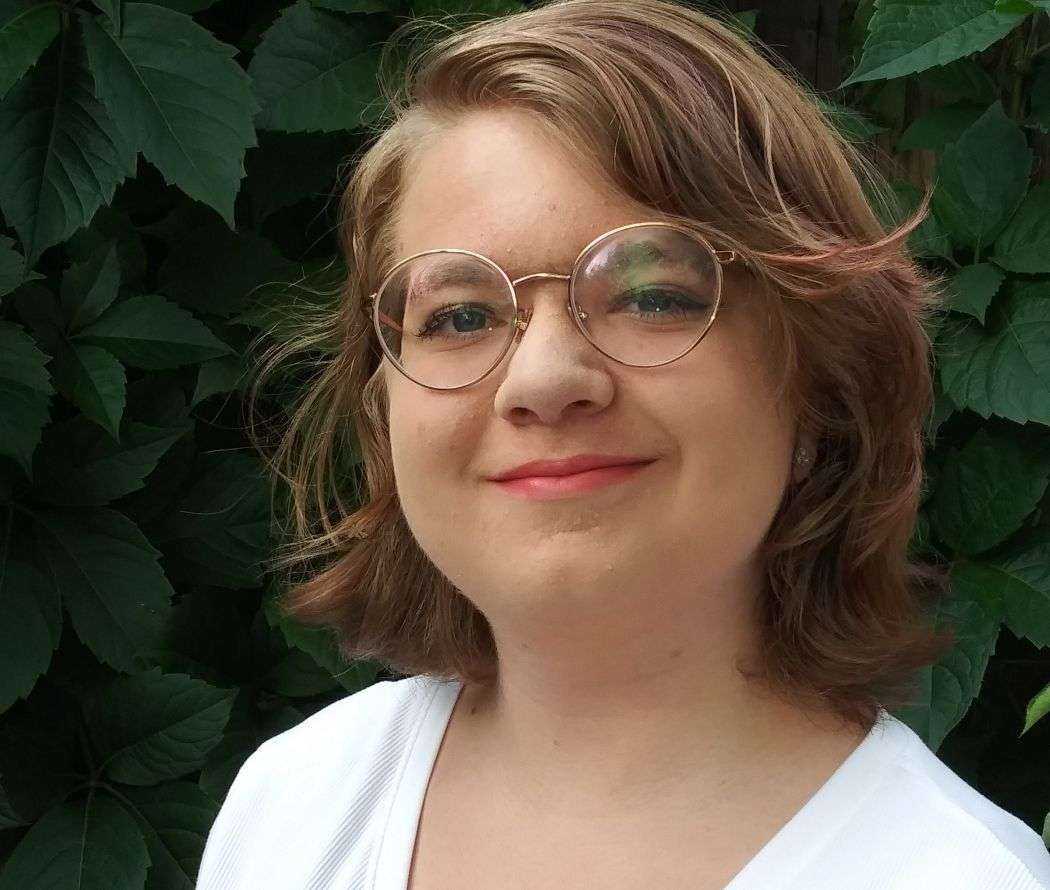Over the summer of 2018, Lavender started having some distressing symptoms. We saw her pediatrician, who referred us to a number of specialists. After 3 months of testing and visits with at least 7 different specialists (everything from ENT to Hematology), she was referred to Stanford, where she was diagnosed with a cluster of autoimmune diseases: Autoimmune Hepatitis, Inflammatory Bowel Disease – Unspecified, and Erythema elevatum diutinum (EED). That was October 2018. At the time, we were told that it was possible she would need a liver transplant in 3-5 years, but it depended on how well she responded to treatment, and the level of scarring (cirrhosis) in her liver.
Since then, she has been carefully monitored, and taking all her medications (it’s a lot!). Part of her treatment results in immune suppression, and with Covid that means that she has had very little interaction with people who don’t live with us.
This fall, as part of the normal monitoring of her condition, her doctors discovered that she was experiencing a complication of advanced cirrhosis of the liver known as Portal Hypertension. This is where her liver is so scarred that it cannot keep up with the flow of blood, causing essentially a “traffic jam” or back pressure in her circulatory system. As a result, she developed 4 esophageal varices, basically varicose veins in her esophagus. This is a very concerning complication, as the varices could burst, causing internal bleeding that could be life threatening.
On September 30th, Lavender had a procedure known as “banding” where a rubber band is placed around the varices to hopefully obliterate them. While the procedure was successful, upon follow up, Lavender had developed additional varices. At this point, she will require monthly banding surgery to prevent the varices from getting large enough, with enough pressure behind them, to burst. If they burst, there is a 50% mortality rate. The only cure is a liver transplant.
In November of 2020, Lavender was accepted as a liver transplant candidate at UCSF. Once there is a liver available for her, Lavender and mom will be living in San Francisco for about 2 months, while she recovers from the transplant and needs to remain close by the transplant center in case of complications.
We have partnered with the Children’s Organ Transplant Association (COTA) for assistance with transplant-related expenses. Please consider donating to COTA for Lavender. Your support means everything to us, and we appreciate your help!
The Children’s Organ Transplant Association (COTA) helps children and young adults who need a life-saving transplant by providing fundraising assistance and family support. COTA is the nation’s only fundraising organization solely dedicated to raising life-saving dollars in honor of transplant-needy children and young adults. 100% of each contribution made to COTA in honor of our patients helps meet transplant-related expenses. COTA’s services are free to our families, and gifts to COTA are tax deductible to the fullest extent of the law.

